by Hannah Green ’26
As this year’s poster session quickly approaches, we decided that it would be a great idea to reach out to last year’s poster session winners Faith Fang and Melanie Wright! For those who don’t know, the Research and Innovation Week Undergraduate Poster Session is an event where research from various departments are displayed on posters created by students. Now seniors, Faith and Melanie were able to give us a student’s perspective on the event.
Dark Matter Detection:

Studying Mechanical Engineering and Violin, Faith Fang was the first-place winner of the poster session last year! As a Grand Challenge Scholar, she has been conducting research with the SuperCDMS Lab under Dr. Jodi Cooley and Dr. Robert Calkins of the Physics department for two years and was excited to share her research. Her research focuses on reducing the amount of radon that sticks to dark matter detectors. Radon interferes with the precision of detecting dark matter particles, due to their identical emittance of energy. Leading up to the presentation, Faith identified three main steps. Step One was working with her research team to collect suitable data from the experiment. Step Two involved making the poster, which took a lot of work considering the amount of information that needed to be summarized and how the results applied to the overall experiment. Finally, Step Three involved the finishing touches which included ensuring presentability and approachability. Faith wanted to “make it as accessible as I could because I knew that there were people of all different fields [attending].” One important thing that Faith addressed is making sure you have an in-depth understanding of what you are presenting in order to answer questions with accurate information.
Faith’s Tips:
- Have your research professor or mentor test your presentation readiness by having them ask you challenging questions.
- Make sure your poster is visually pleasing and easy to follow. That way, even if you’re not present at the poster stand, attendees can still read and understand it.
- Be honest when you’re not entirely sure about how to most accurately answer a question.
New Mexican Archeology:

Studying Anthropology with an emphasis on Archeology, Melanie Wright placed second in the poster session! Her research from last year focused on a pottery assemblage from New Mexico. Melanie decided to participate in the poster session because she felt it would be a great opportunity to frequently communicate her research. The overall new experience of making a poster as well as seeing what other students were researching across campus also sold her. She started preparing for the session one month in advance and recalled having to overcome logistical hurdles due to her relatively “out of the box” poster design. On the day of the event Melanie “started off pretty nervous, especially when the judges came around,” but everything worked out! People were very receptive to Melanie’s poster, which she attributes to the included visuals. She would describe the environment of the event as positively engaged amongst both the students presenting and attendees.
Melanie’s Tips:
- Wear comfortable shoes as you could find yourself standing for a couple of hours.
- Add attractive visuals to your poster, for example adding a colorful and creative picture.
- Have a 1-minute, 3-minute, and 5-minute version of your presentation so you can interchange between them to “gauge people’s interest when they are coming up to you,” determining which version communicates most effectively.
If you are interested in participating and potentially winning this year’s poster session, registration closes on March 10th! Prizes will be awarded to the top three posters overall, as well as recognition for the best poster in each department. The event will be held in the Hughes-Trigg Student Center Ballroom on March 21st from 2-5pm.
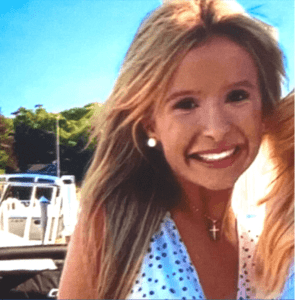
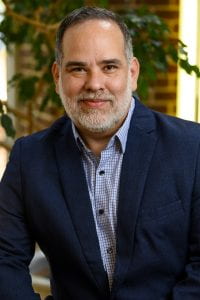
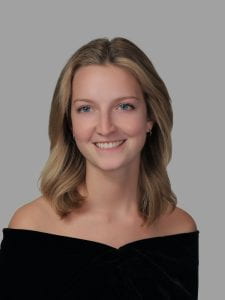
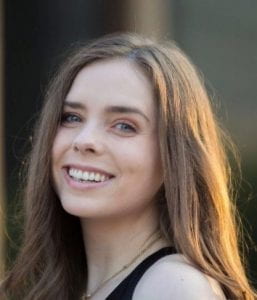
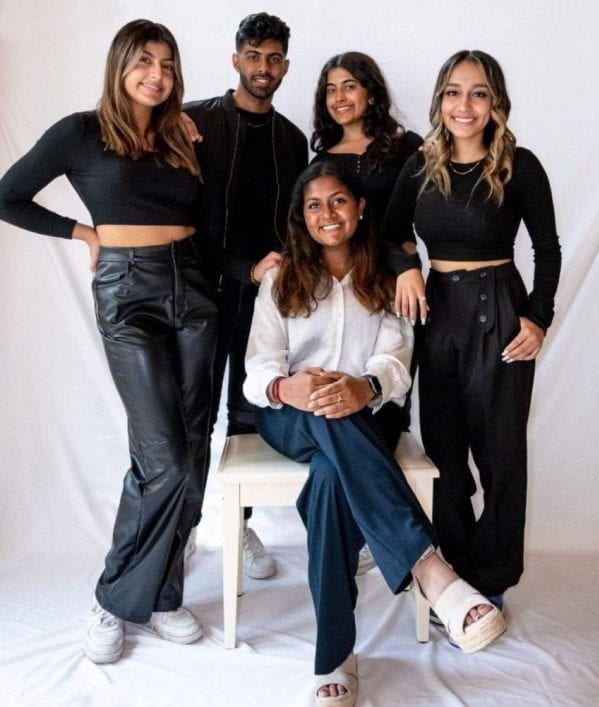


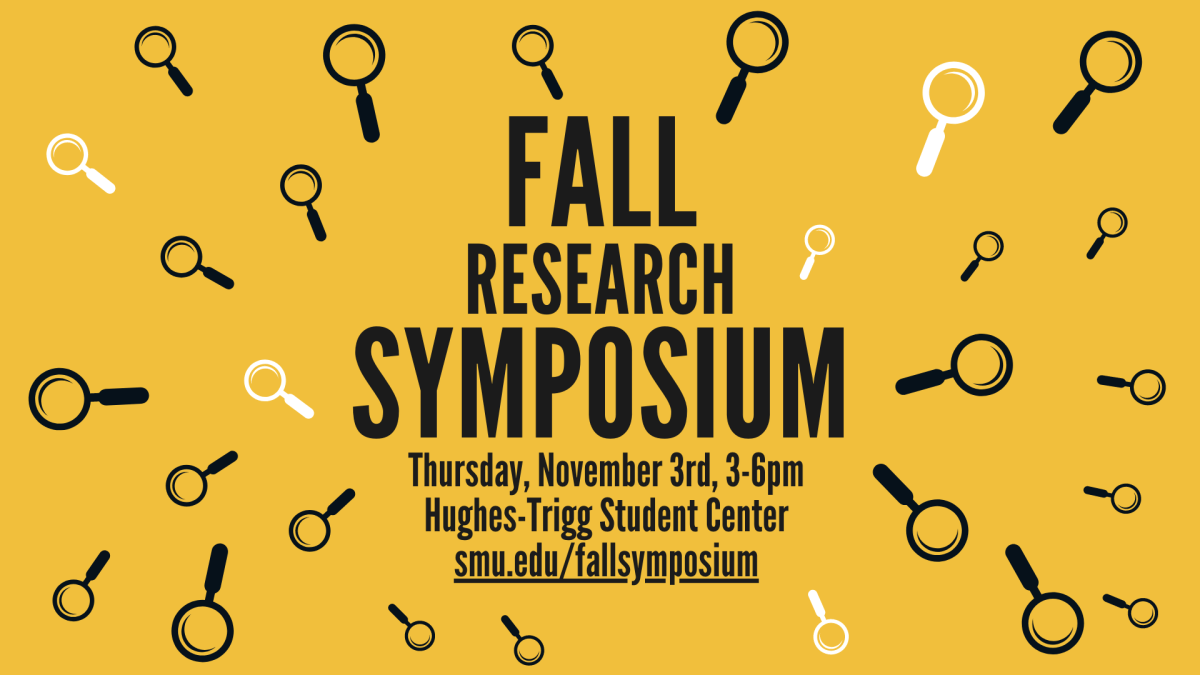
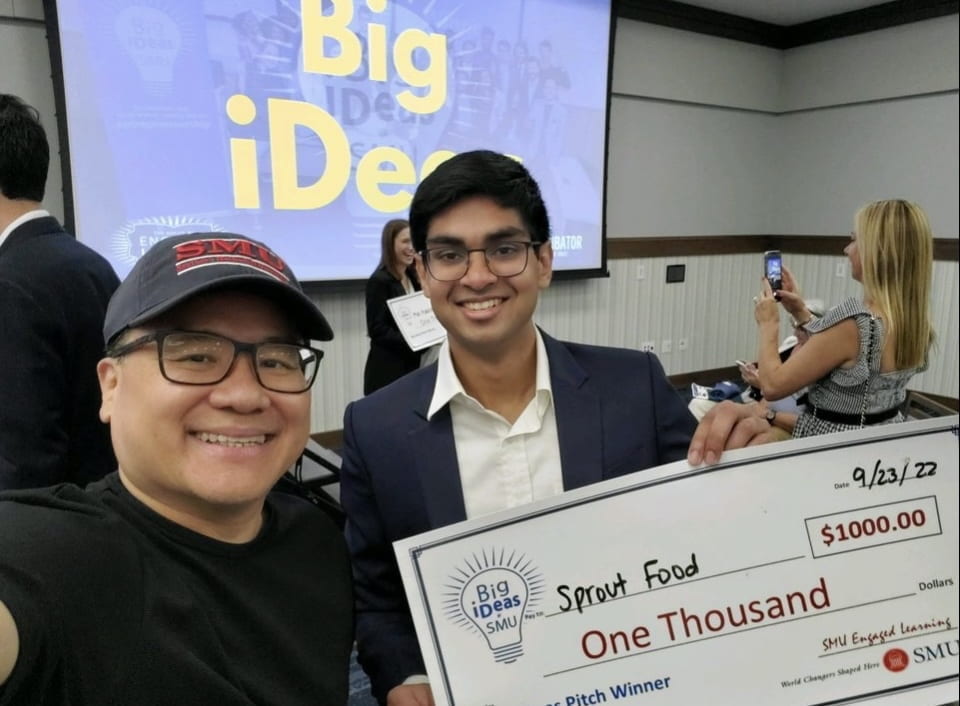
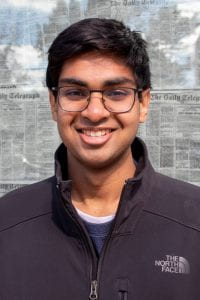


 If this area of chemistry research attracts you, please contact
If this area of chemistry research attracts you, please contact 
